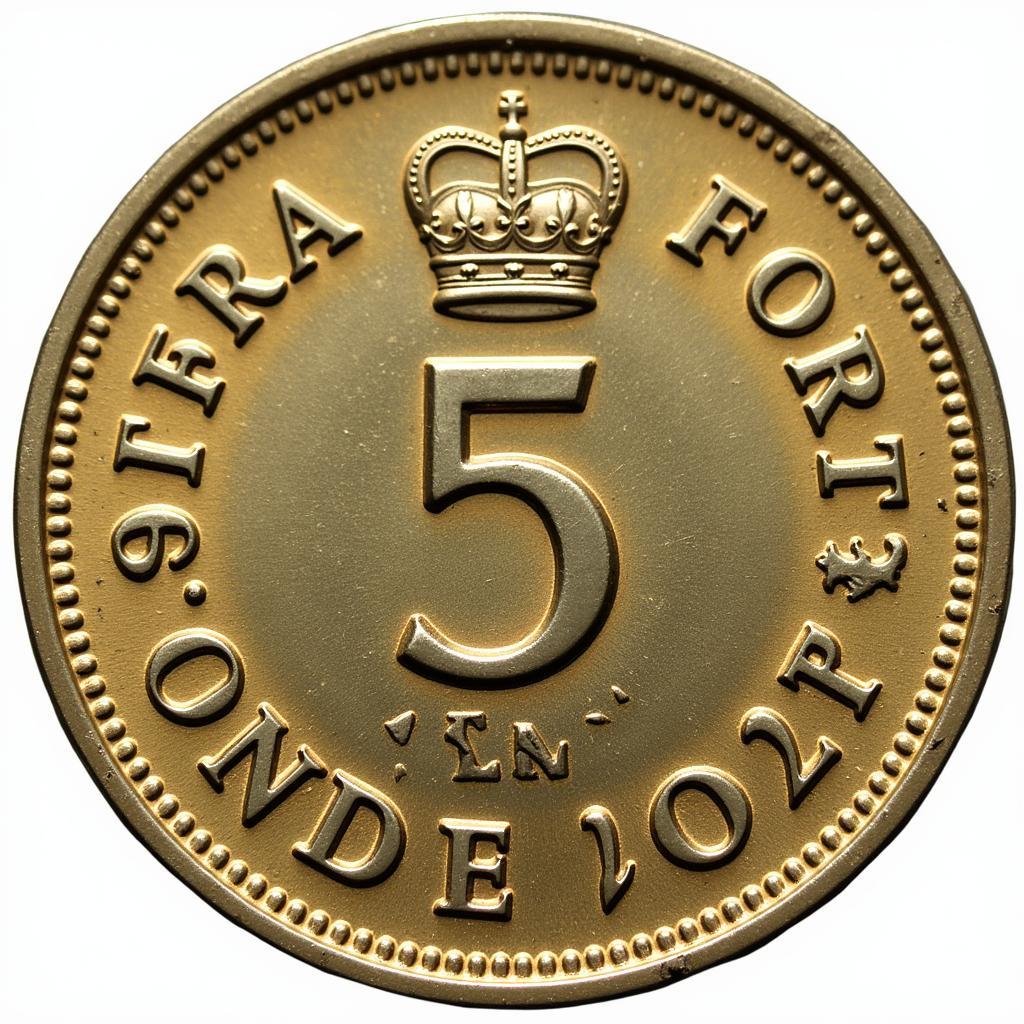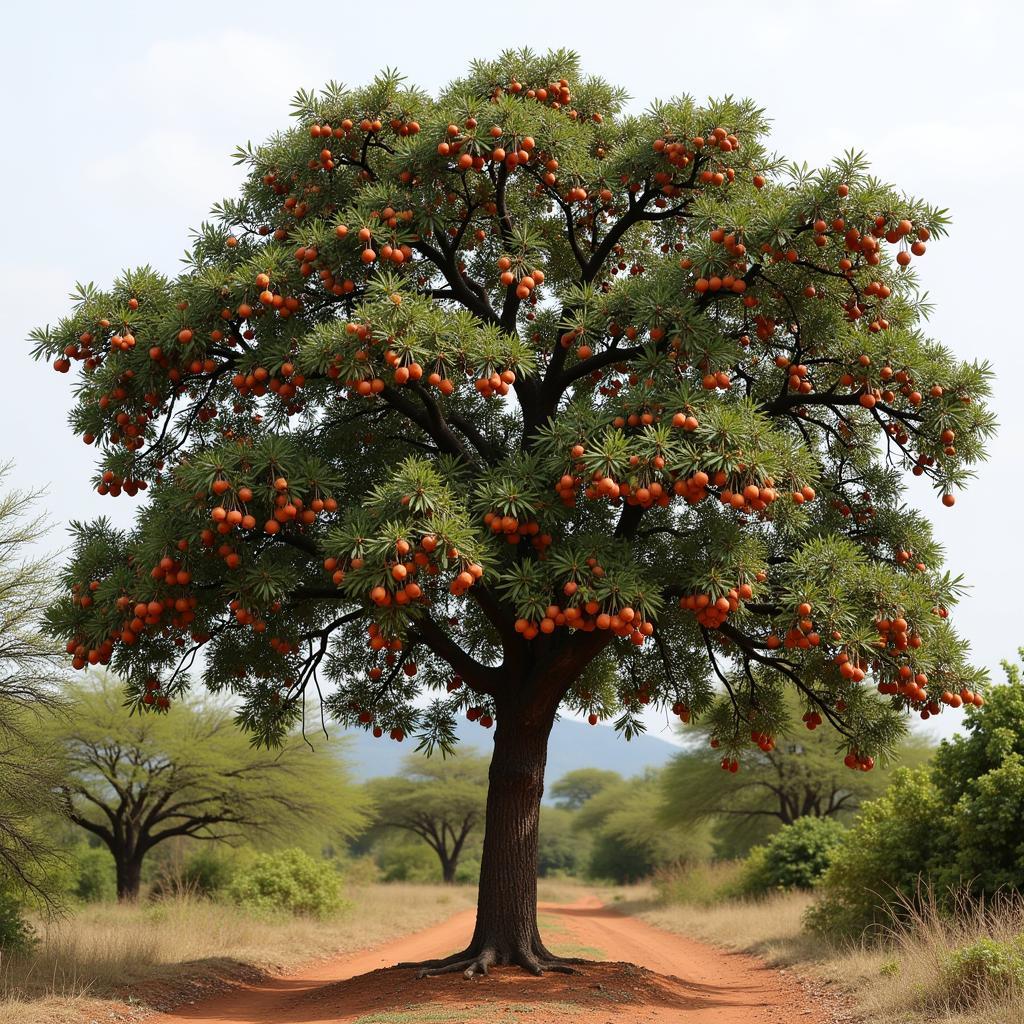African Country Member of NSG: Navigating the Complexities
South Africa stands alone as the sole African nation holding membership in the exclusive Nuclear Suppliers Group (NSG). This prestigious group, established in 1975, plays a crucial role in regulating the global nuclear trade and preventing the proliferation of nuclear weapons. South Africa’s journey to NSG membership reveals a tale intertwined with its unique history, technological advancements, and commitment to non-proliferation.
South Africa’s Path to Nuclear Disarmament and NSG Membership
South Africa’s history with nuclear technology is a compelling narrative of transformation. During the apartheid era, the nation developed a clandestine nuclear weapons program, driven by a desire for security and international recognition. However, with the fall of apartheid and the dawn of democracy, South Africa embarked on an unprecedented path, choosing to dismantle its entire nuclear arsenal voluntarily. This decision made South Africa the first country in the world to unilaterally dismantle its nuclear weapons program, earning it global admiration and paving the way for its NSG membership in 2004.
Why is South Africa the Only African Member of the NSG?
The NSG operates on a consensus-based approach, meaning new members require unanimous approval from existing members. This process often involves complex geopolitical considerations and stringent criteria. While several other African nations possess significant nuclear capabilities, their paths to NSG membership have been met with various challenges.
Factors influencing NSG membership include:
-
Non-Proliferation Treaty (NPT) Adherence: Full adherence to the NPT, a cornerstone of global non-proliferation efforts, is often considered a prerequisite for NSG membership. Some African countries have yet to ratify the treaty, while others have expressed reservations about its perceived inequalities.
-
Nuclear Safety and Security Records: Demonstrating a robust national infrastructure for nuclear safety, security, and safeguards is crucial for NSG consideration.
-
Geopolitical Dynamics: International relations and regional power dynamics can significantly impact a country’s NSG aspirations. For instance, competing interests or lack of support from key NSG members can hinder progress.
-
Voluntary Regional Commitments: Participation in regional non-proliferation agreements, such as Africa’s Pelindaba Treaty, which establishes the continent as a nuclear-weapon-free zone, can strengthen a nation’s non-proliferation credentials.
The Significance of South Africa’s NSG Membership for Africa
South Africa’s presence in the NSG holds substantial importance for the African continent:
-
Voice for African Interests: South Africa acts as a crucial voice, representing the continent’s interests and perspectives within this exclusive group, advocating for a more equitable and inclusive global nuclear order.
-
Championing Peaceful Nuclear Applications: South Africa actively promotes the peaceful use of nuclear technology for development across Africa, particularly in areas such as medicine, agriculture, and energy.
-
Strengthening Non-Proliferation Efforts: South Africa’s experience serves as a model for other African nations seeking to engage in the global nuclear regime responsibly. It demonstrates that nuclear disarmament and a commitment to non-proliferation can unlock significant diplomatic and technological benefits.
Looking Ahead: Challenges and Opportunities
While South Africa stands as a beacon of non-proliferation, the continent continues to navigate the complexities of nuclear technology. The potential for peaceful applications to address developmental needs coexists with the ongoing threat of nuclear proliferation.
“South Africa’s journey is a testament to the power of transformation,” states Dr. Nomsa Dlamini, a leading expert on nuclear policy in Africa. “It highlights the crucial role that political will and international cooperation play in achieving a more secure and prosperous future.”
Moving forward, addressing the concerns of African nations seeking to engage responsibly in the nuclear field while upholding the highest standards of non-proliferation remains paramount. This requires sustained dialogue, capacity-building initiatives, and a commitment to strengthening the global non-proliferation regime.
Conclusion
South Africa’s unique position as the only African member of the NSG highlights its commitment to non-proliferation and its influential role within the global nuclear order. As Africa continues to grapple with the challenges and opportunities presented by nuclear technology, South Africa’s experience offers valuable lessons and a beacon of hope for a future where peaceful nuclear applications contribute to the continent’s sustainable development.
For any inquiries or assistance related to African travel, culture, or any other information about the continent, please do not hesitate to contact us:
Phone: +255768904061
Email: kaka.mag@gmail.com
Address: Mbarali DC Mawindi, Kangaga, Tanzania
Our dedicated customer support team is available 24/7 to assist you.



